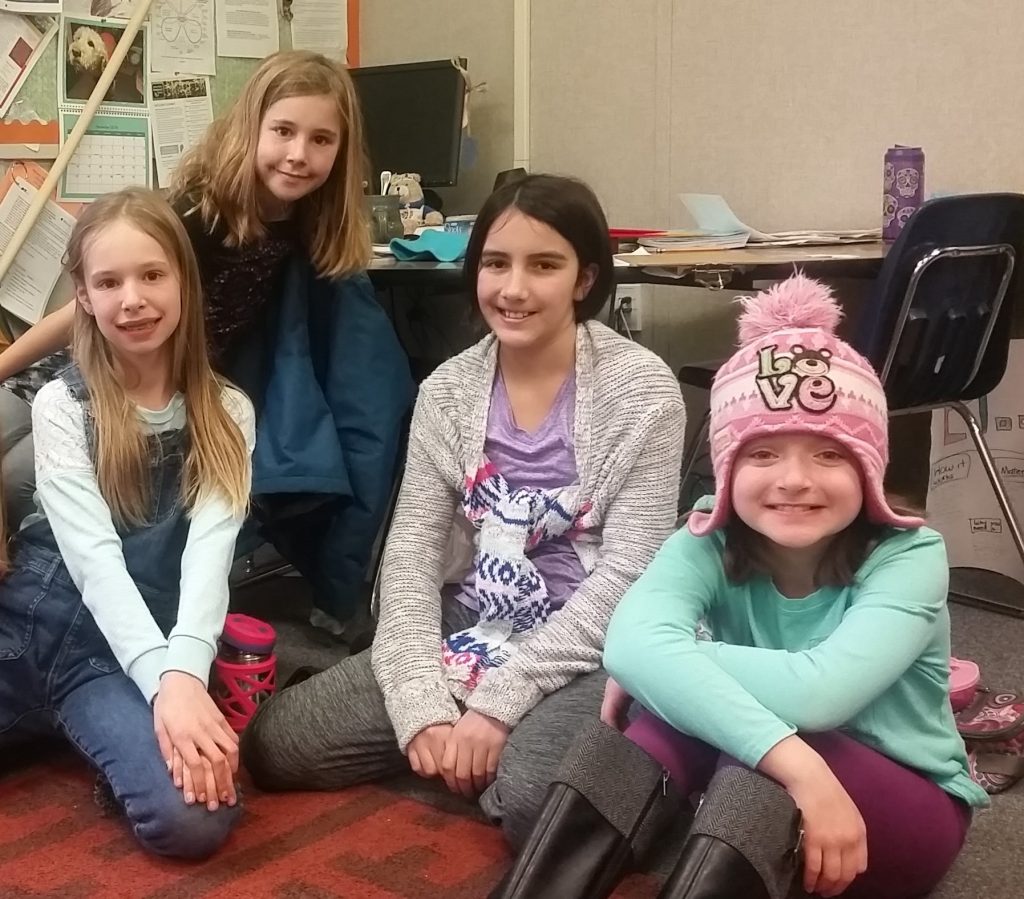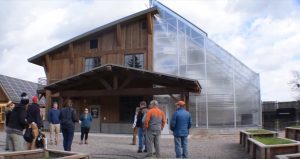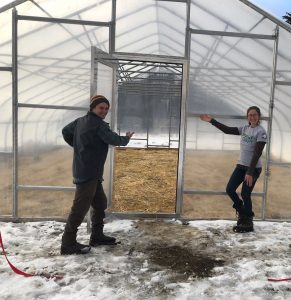By Claudia Hewston
This past month I have had the opportunity to travel across the state and met with teachers, students, administrators, and janitors about their SMART Schools project(s). Honestly I’m not really sure what I expected,but I realized very quickly that it takes a special group of people to participate in a challenge such as SMART Schools.
I can remember walking into the DEQ headquarters in Helena Montana earlier this year, I didn’t know where I was supposed to go, so I waited down in the main entry for someone to come meet me. Off to the left of the mains staircase was a memorial for Lee Metcalf, on the wall was a quote, “ Wise stewardship of our natural resources requires two special human qualities: the ability to take a truly long range perspective of man’s place in the natural scheme of things — and great humility.”
The teachers, administrators, and janitors who are involved with this challenge illustrate these special human qualities. They also illustrate an overwhelming sense of passion and commitment to their students. They strive to provide educational opportunities to aid in the growth of their students; but not just academic growth, but growth as stewards of the land. Stewards who are informed on current environmental concerns and who are inspired, encouraged, and supported to take action.
I had this idea that I would be going into the classrooms to inspire the students, to motivate them, and to get them excited about their SMART School’s project. But the students involved with this challenge, like their superiors, are already so passionate and committed to the work they are doing. I have had the opportunity now to work with students from kindergarten through 12th grade. I go into their schools and talk to them about energy efficiency,alternative transportation, aquaponics systems, recycling and so much more. I am going into these schools partly to inspire, motivate, and excite but mostly to educate and show them that there are opportunities to take their passion and create a project that they can share with others.
I have been amazed by some of the conversations that have sparked during my time in the classroom. In one classroom, I was discussing the importance of recycling with kids from K-5th grade. We were going around the circle and telling the group one thing we do to make the world a better place. One of the 1st or 2nd graders announced that she picks up her dogs poop so no one steps in it. Suddenly one of the 3rd graders spoke up, he explained that poop can be used as fertilizer and that she shouldn’t pick it up, she should leave it on the plants for nutrients. One of the 5th graders then stated that it would depend on the type of poop and the quantity. The adviser of the club then helped me to defuse the situation as the younger boy and girl seemed flustered about the matter. We explained that some poop is better to use than others, that quantity is very important, that you should clean up after your dog and that poop can be used to fertilize plants. Everyone seemed pleased with this answer and we continued going around the circle.
This is just one of many experiences I have had while in the classroom, where students have brought up concepts they know something about and through discussion we all learned something new. I look forward to continuing to provide these educational opportunities, and to continue in the development of both the students and myself to become better, more responsible stewards of the land.








